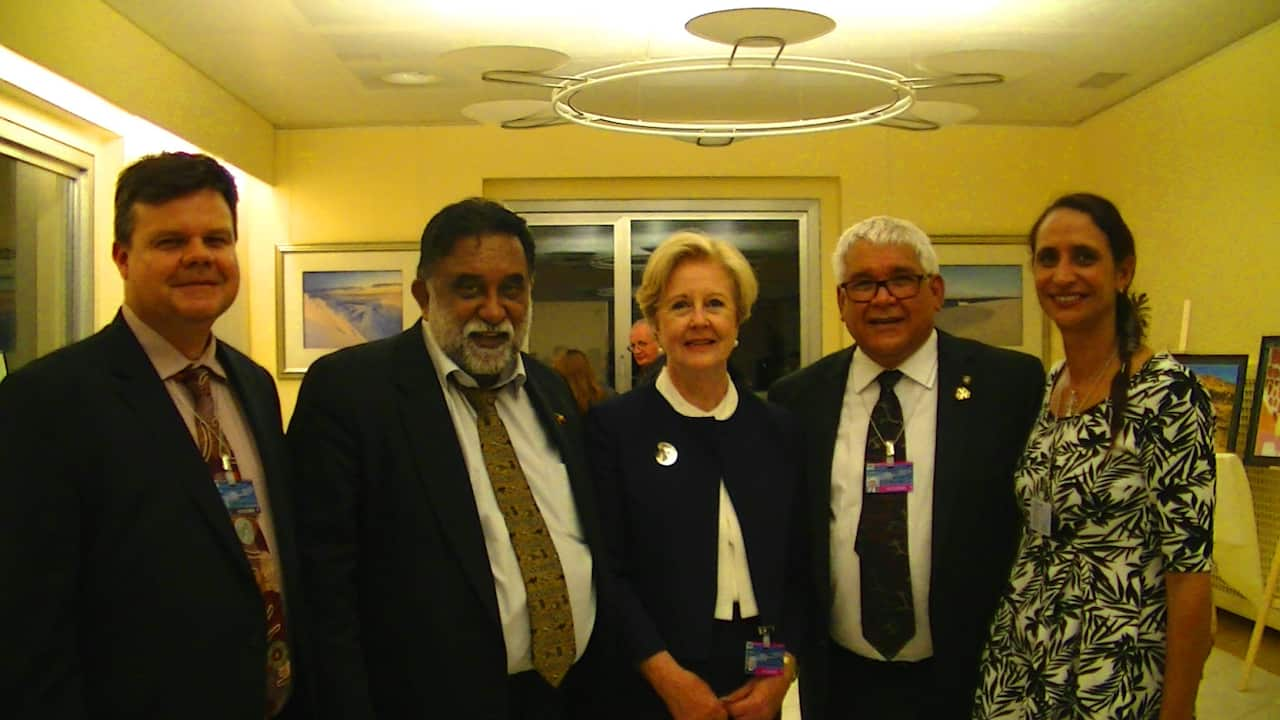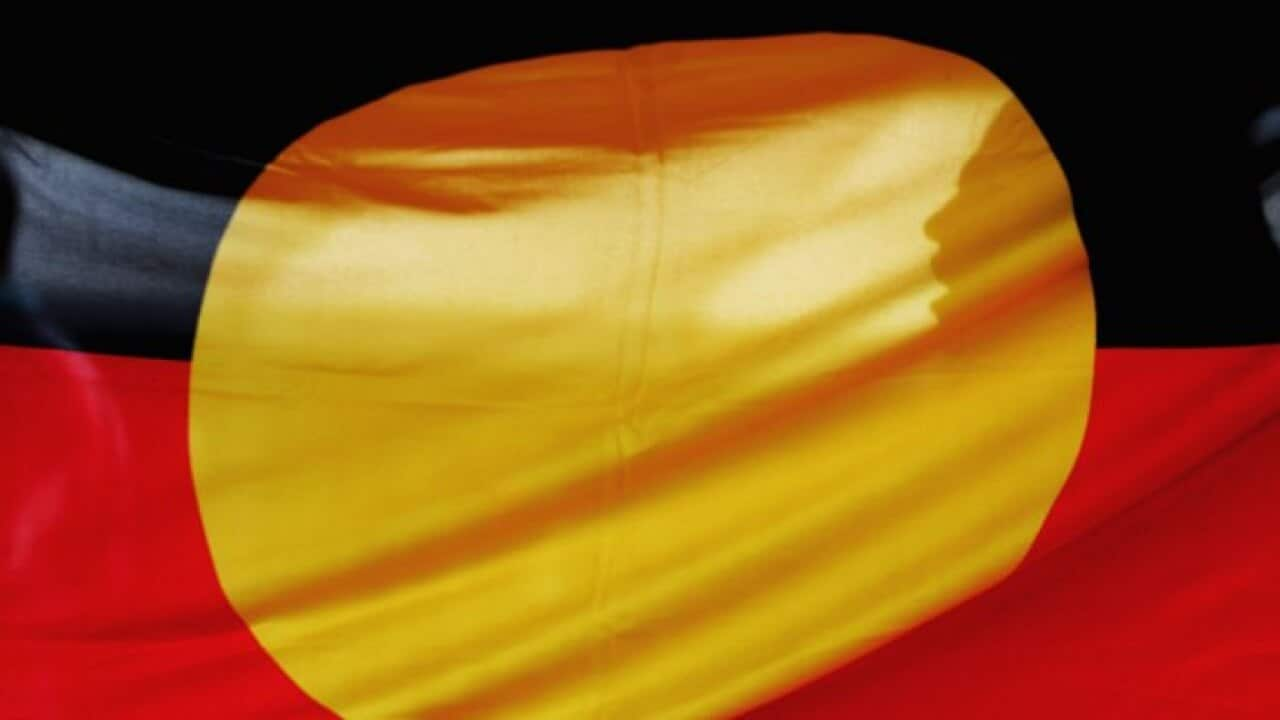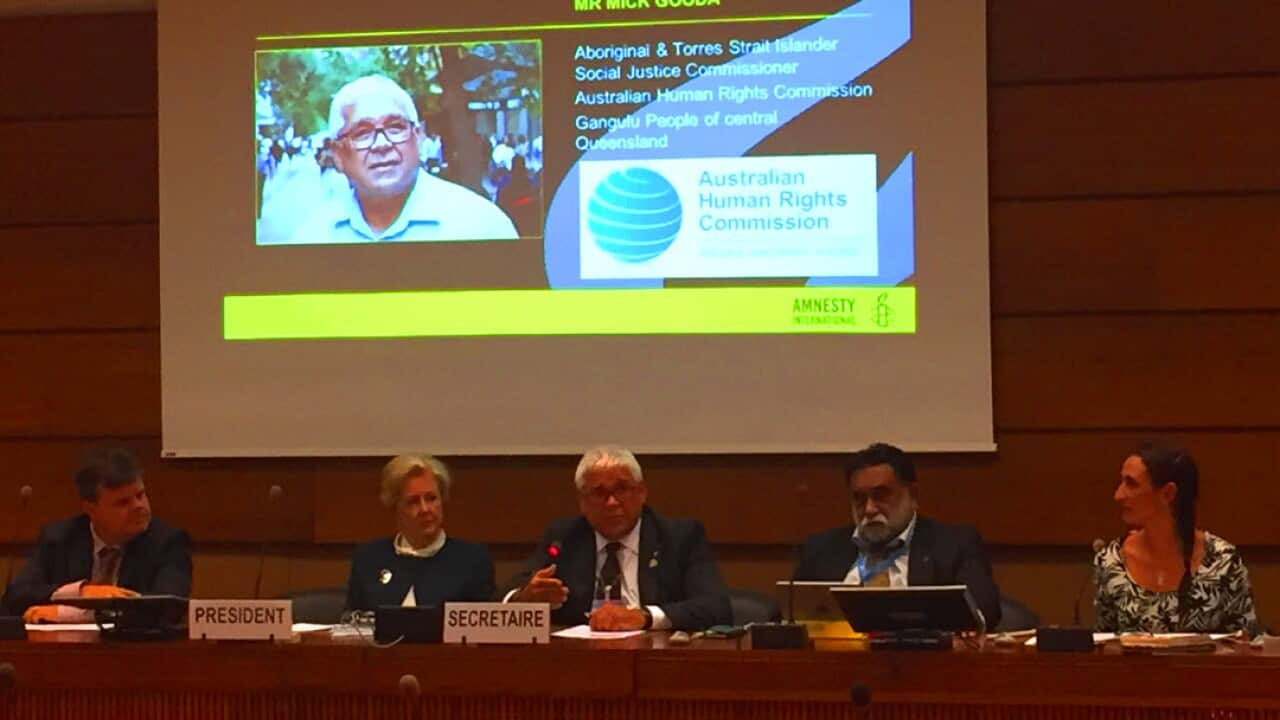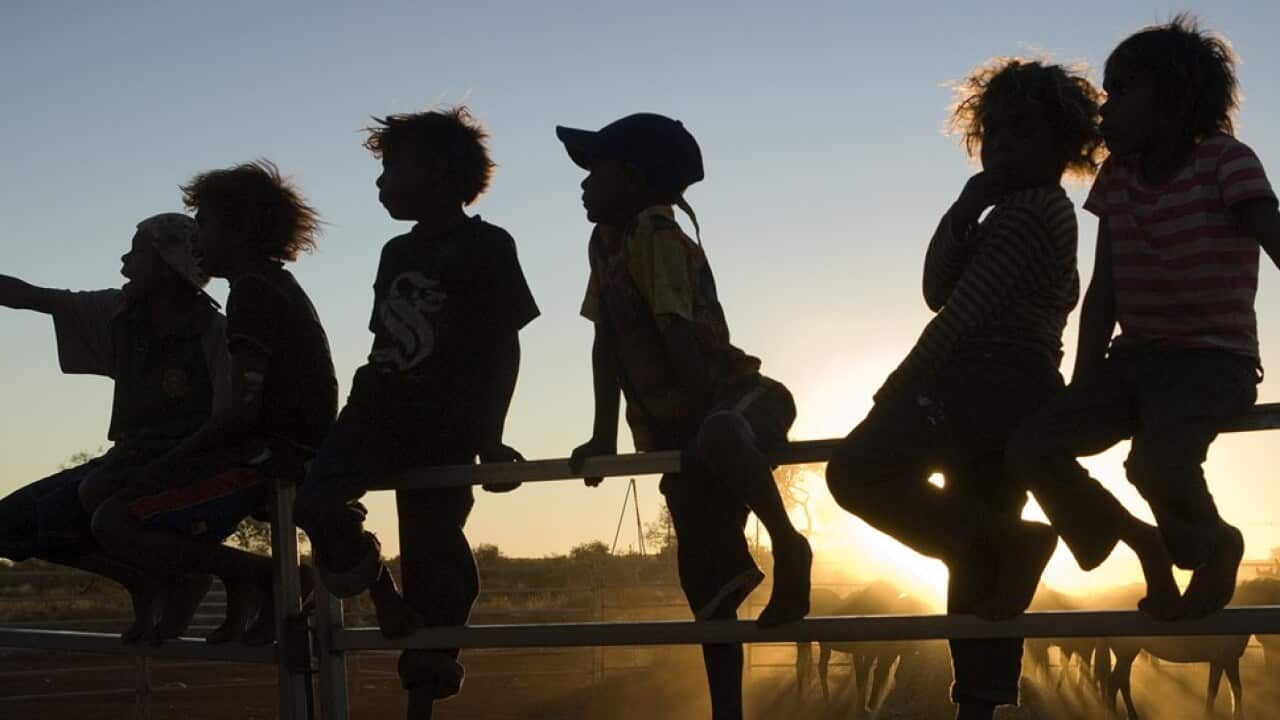Here in Geneva, I have just witnessed international condemnation of Australia’s shameful record on Indigenous rights.
, which assesses each nation against core human rights treaties every four and a half years.
Criticism on Indigenous rights
Throughout the session, Indigenous rights featured heavily in the criticisms of Australia.
Countries were concerned about Indigenous health, housing, education and employment. They were concerned about high rates of violence against Indigenous women and children; and the threat of closure of Homelands communities.
There was also some misplaced praise. Countries commended Australia for the Indigenous Advancement Strategy, with Australia’s UPR representative boasting of streamlining funding, without mentioning that over $500 million had been ripped from Indigenous community control in recent years.
Australia was also recognised for starting the process of Constitutional reform, despite the fact this has stalled on several occasions and that many Indigenous people themselves do not agree with the proposals in their current state.
Australia locking up Indigenous people
But one of the issues that resonated most strongly with countries was the shameful overrepresentation of Indigenous people in the criminal justice system and the conditions they face in detention.
Nations as diverse as Canada, Ireland, Paraguay, Denmark, the Czech Republic, Lithuania and Poland decried the soaring rates of detention of Indigenous children.
It was recommended that mandatory sentencing laws, such as WA laws around home burglaries and assaulting public officers, be abolished. Australia was urged to stop holding children as young as 10 criminally responsible, and raise the age of criminal responsibility to at least 12 to comply with the 

L-R: Damian Griffis, First People's Disability Network; Les Malezer, National Congress of Australia's First Peoples; Gillian Triggs, Australian Human Rights Commission; Mick Gooda, Aboriginal and Torres Strait Islander Social Justice Commissioner; Tammy Solonec, Amnesty International Australia. Source: Supplied
Allow UN to inspect detention places
Many states were disappointed that Australia has failed to ratify the , which Australia committed to do four years ago at the last UPR.
Ratifying OPCAT is vital in Australia, where it would allow UN investigators to inspect all places of detention - including police lockups, immigration detention centres, prisons and juvenile detention centres - to ensure they comply with international standards.
But one of the issues that resonated most strongly with countries was the shameful overrepresentation of Indigenous people in the criminal justice system and the conditions they face in detention.
Unsafe detention in NT
This is more urgent than ever, with news today that NT Corrections Commissioner Ken Middlebrook has said the is not safe or secure for the young people locked up there, almost all of whom are Indigenous.
The young offenders are being relocated 1500 kilometres, far from their families and communities, to Darwin's , which itself was deemed not fit for adults - let alone kids - and where there have been allegations of appalling abuse.
RELATED STORY:

Comment: Why saying ‘Aborigine’ isn’t OK, says Amnesty
Disappointing government response
Despite this crisis in our criminal justice system, in Geneva, the government responses to the issue were extremely disappointing.
Australia’s claim it will address incarceration by targeting the long term drivers of violence - education, employment and economic development - is the same rhetoric we have been hearing since the current government gained power.
Australia’s pledge to directly tackle the issues through crime prevention and recidivism reduction programs also lacks a concrete strategy or funding commitment. At the UPR session Australia made no mention of justice targets, or the Justice Reinvestment framework that Amnesty and so many others many have been advocating for.
After seeing such wide ranging criticisms of Australia’s Indigenous rights record, I can only hope Australia takes on board the recommendations to face up to its responsibilities in these areas of such importance to Aboriginal and Torres Strait Islander people. The health of our peoples and cultures depend upon it.
The above comment piece was provided to NITV from Indigenous rights manager, Tammy Solonec, who was at the United Nations in Geneva on Monday 9 November for the second Universal Periodic Review (UPR) –a UN mechanism which assesses each nation’s human rights record every four years.


